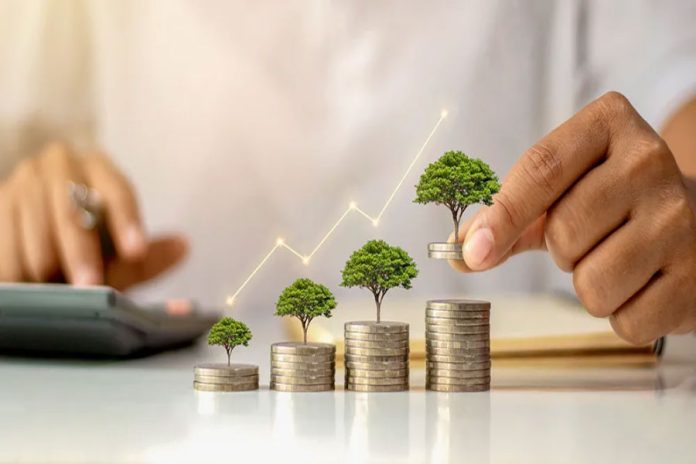If you want to ensure a good financial future for yourself and your family, then you must know the difference between investing and saving. Many people think they are one and the same, but there are some important differences between them. Both can be great if you want to become financially stable, though, so it’s important to understand these concepts.
In this article, we will look at the key differences between saving and investing and when to choose one or the other for long-term wealth.
What Is Investing?
Investing refers to a way to boost your finances by giving them to certain financial instruments like bonds, mutual funds, and stocks, which can increase the amount over time. It comes with a few risks, but it can generate higher returns when done right and for an extended period. For example, investing makes it easier to reach long-term financial goals.
What Is Saving?
Saving involves setting money aside for future use. This money, which collects in larger amounts over time, can be used to pay for emergencies or to spend on something you desire, such as a vacation, a new gadget, and so on.
For the most part, saving is a better alternative for short-term financial goals and for emergencies.
What Makes Investing and Saving Similar?
Investing and saving are different things, but there is a reason why people use the terms interchangeably – they share some similarities.
One of the most obvious similarities is the fact that both methods involve accumulating money for future purposes.
People who invest or save know that having a sum of money set aside is very important in case an emergency arises, or in order to cover certain costs.
Besides, both methods take advantage of specialized accounts with financial institutions in order to put money aside.
What Makes Them Different?
Saving and investing are two different things. While they can both help you save money, they have more differences than similarities.
For instance, the first difference would be that saving is better for short-term goals while investing is the preferred option for long-term goals.
There are other things that make them different, though. They have different types of assets. When it comes to investing, you should think of things like mutual funds, bonds, and ETFs. Meanwhile, when it comes to savings, you should think of savings accounts, certificates of deposits, or money markets.
Saving is easier and involves less risk, while investing is more difficult and riskier. At the same time, the risk makes it a more profitable option in the long term.
Out of the two options, saving is not expensive, while investing can be. Costs will be influenced by expense ratios. But investing can give you more protection against inflation over an extended period, whereas saving may only give you little protection.
How to Invest vs Save Money?
How much money you should save or invest depends on your financial goals, circumstances, and risk tolerance. Everyone is different, so what works for another person may not work the same way for you.
Generally, it’s recommended to save enough to cover at least 3-6 months of living expenses in emergency funds. How much you should invest versus save will rely on your debt, income, age, and financial goals in the long term.
When Should You Save or Invest?
Both investing and saving are good in different situations, so there is no universal answer to say whether one or the other is better. It all depends on your circumstances. That being said, you should choose based on your possibilities and goals:
When to Invest
1. Investing is something you should consider when you want to boost your finances more aggressively and in the long term.
2. If you do not want access to your money too soon, then investing can be ideal for you.
3. Investing may be better if you also qualify for a retirement account employer match, such as a 401(k) one.
When to Save
1. When you have a credit card balance or another high-interest debt, it’s always best to save money to pay it down instead of investing right away.
2. Emergency funds should be done before you begin investing. Saving 3-6 months’ worth of expenses in this fund is recommended.
3. Saving is better when you need access to your money in the next several years.
Final Thoughts
Investing and saving are both great for different people. So, you must establish your goals and see what works best for you. If you decide to invest and want to give Forex a try, make sure to check out the FxList for the best brokers on the market.





